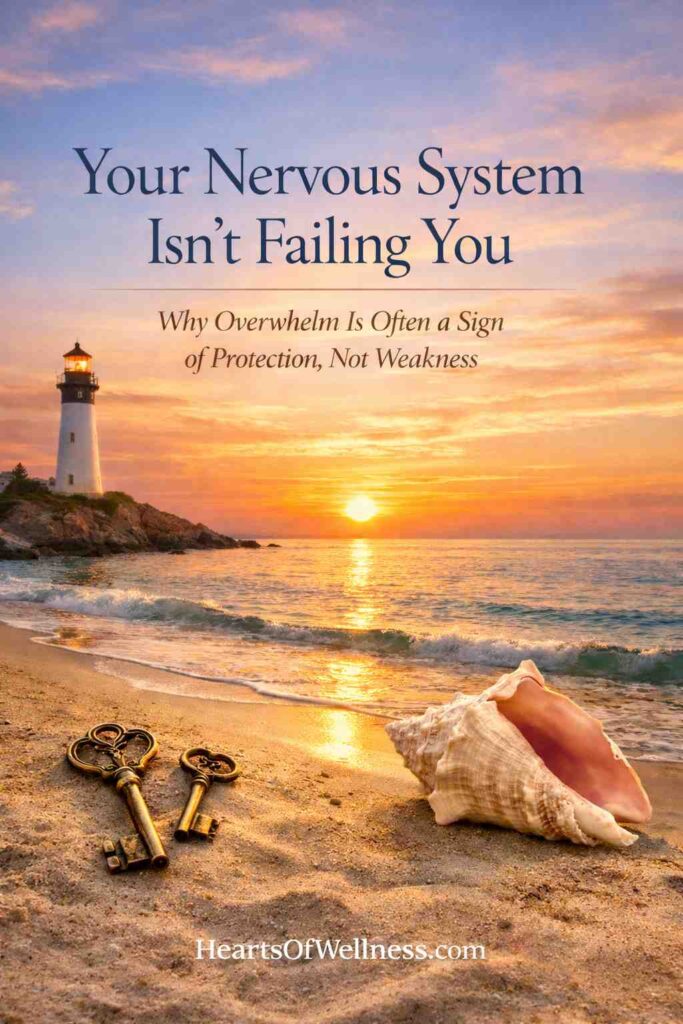Welcome to the latest episode of Unlocking Your Greatness with Wendy Bjork.
As an international bestselling author, inspirational speaker and founder of heartsofwellness.com, it is my mission to empower women to build a strong Foundation of Wellbeing: One Whole-istic™ Step at a Time. To feel HOPE: harmony, options, peace and empowerment to help others along the way.
Why Aren’t Peoples Opinions Private Anymore?
It seems as though there is no such thing as privacy anymore. People will post anything and everything about their lives and overshare them online. But why do people feel the need to share all their private opinions and intrude into others private life?
A private opinion is one that you keep to yourself or only share with close friends. It can be controversial, or productive.
Thanks to social media it is now impossible to NOT know where a person stands on a wide range of hot button issues. This has never been good for a society that (hopefully) values a diversity of opinion. It can lead to self silencing and ignorant people who refuse to listen to other viewpoints.
This can be exhausting on emotional, mental levels as well as physically draining.
Political discussions are central to our democracy and can be invigorating among friends and colleagues. However, the best political conversation focuses on issues and ideas rather than personalities and character judgments. It’s not easy to stay out of personal attacks and partisan dumping sessions, but with good manners and a bit of preparation, you can have a fruitful debate about important political topics.
In any stratified society there are rules and conventions that govern behaviour; they may be enforced by social pressure, formal legal codes or informal sanctions. Any society that expects its citizens to behave in a certain way will develop a code of conduct or etiquette (Etymology Online Dictionary). The origin of a particular set of social norms can vary, but the basic principle is always the same: you must treat others as you would like to be treated, regardless of your personal opinions or beliefs.
There was a great flowering of etiquette in the late 18th and early 19th centuries when exquisites such as Beau Brummell imposed their whims on polite society. This era saw the development of formal dress, a strict order of precedence in social gatherings, and a host of other rules that defined proper behaviour. These social rules and customs were designed to maintain the upper ranks of the society above the common folk and to keep them at a distance from those beneath them.
By the mid-20th century, concerns about polite conduct had spread beyond a social elite and were addressed by such arbiters of taste as Emily Post and Amy Vanderbilt. In addition to teaching us how to handle many social and business situations, these authors wrote about political etiquette.
As we move into the 21st century, it’s worth revisiting some of these etiquette tips for talking politics with friends and co-workers. These guidelines can help us avoid some of the most damaging pitfalls in this sensitive and often heated arena, particularly during political season and around the holidays when family members with different viewpoints gather in one room.
1. Educate yourself before you talk politics.
You cannot have a well-informed opinion about an issue or candidate if you do not know what the issues are. It’s all too tempting to rely on the media for all of our information and then regurgitate it in conversations with friends, but if you want to participate in a productive discussion, educate yourself first. Read and listen to both sides of an issue before you share your views.
2. Never assume anything.
No matter how perceptive you think you are, it’s impossible to know someone else’s political convictions prior to conversing with them. Never presume that they agree or disagree with you or even that they wish to discuss political issues; one-word responses are a sure sign of polite disinterest. It’s also wise to have an exit strategy. If a discussion becomes unpleasant, it’s acceptable to cut short the conversation in a professional or private setting to preserve valuable relationships.
3. Agree to set politics aside.
One of my very best friends has some opposite beliefs of what I hold. It’s OK! We always have better things to talk about when we speak. Focusing on why you are in a relationship with the person is a much better way to maintain the friendship. Yes, we each have a voice through voting, but nothing is solved by arguing amongst ourselves.
4. Life is too short, turn off the tv, social media, YouTube and go outside!
The best way to clear your mind is by going outside. Whether you live by the ocean, in a forest or in the city, take 5 -10 minutes and get some air. Consider all of the things you can be grateful for, including the right to vote. There are people everywhere that wish they could be in your shoes.
We visited a related topic recently you may find helpful: Looking for Calm in the Chaos?
To support you on creating a path to your dream life, download your copy of the Hearts of Wellness 30-Day Journal + Blueprint Bundle Towards Living Your Best Life at heartsofwellness.com/you. It will support you in keeping your desired outcomes all in one place along with the Blueprint which will help you take small steps daily towards a better view of yourself. Benefit from improved self-talk, as well as writing your weekly gratitude list and celebrating your weekly wins. Discovering and living by your personalized playbook are important steps we can create together!
If you feel a self-paced approach with Wendy’s support would be helpful in reaching your goals, you can head over to the Hearts of Wellness Membership Collective and begin your journey back to simplicity, freedom and wholeness!
Follow Wendy: heartsofwellness.com/newsletter
Connect with her through social media:
Twitter/X: @bjork_ms
FB page: Wendy Bjork Hearts of Wellness
YouTube Channel: www.youtube.com/@wendybjork
LinkedIn: https://www.linkedin.com/in/wendybjork
Instagram: @theempressofms







